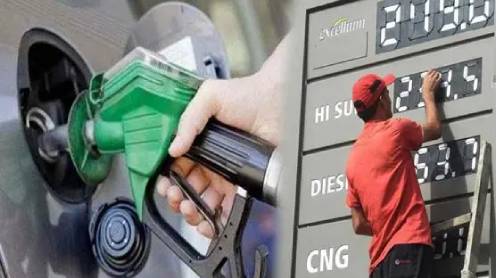The UK government will ban sales of gasoline and diesel cars from 2030, the BBC reported, citing Prime Minister Boris Johnson.
The move is part of what Johnson has called a green industrial revolution aimed at mitigating climate change while creating new jobs. The plan will receive financing of $5.31 billion (4 billion pounds), which, according to critics, is nowhere near enough for such a large-scale transition.
The electrification of transport has been touted as a cornerstone of the world’s transition to a more renewable energy future, and many governments are discussing bans on gasoline cars in the not too distant future as part of efforts to secure this transition.
In the United States, California has been unsurprisingly the biggest driver of this change, with Governor Gavin Newsom announcing in September an order to ban all sales of new gasoline and diesel cars from 2035.
“In the next 15 years we will eliminate in the state of California the sales of internal combustion engines,” the Governor said in late September. “If you want to reduce asthma, if you want to mitigate the rise of sea level, if you want to mitigate the loss of ice sheets around the globe, then this is a policy for other states to follow.”
In the UK, there were plans to ban sales of gasoline and diesel cars from 2040, but the pressure to accelerate the energy transition has made the government move the deadline. However, plug-in hybrids will be excluded from the ban for five years before they, too, become banned.
Besides the strong push for electric vehicles, the ten-point plan also involves backing for nuclear energy, although no details were disclosed about what this backing will look like. Another focus was hydrogen and the rapid decarbonization of key industries. Under the plan, the government said, a quarter of a million new jobs will be created.





